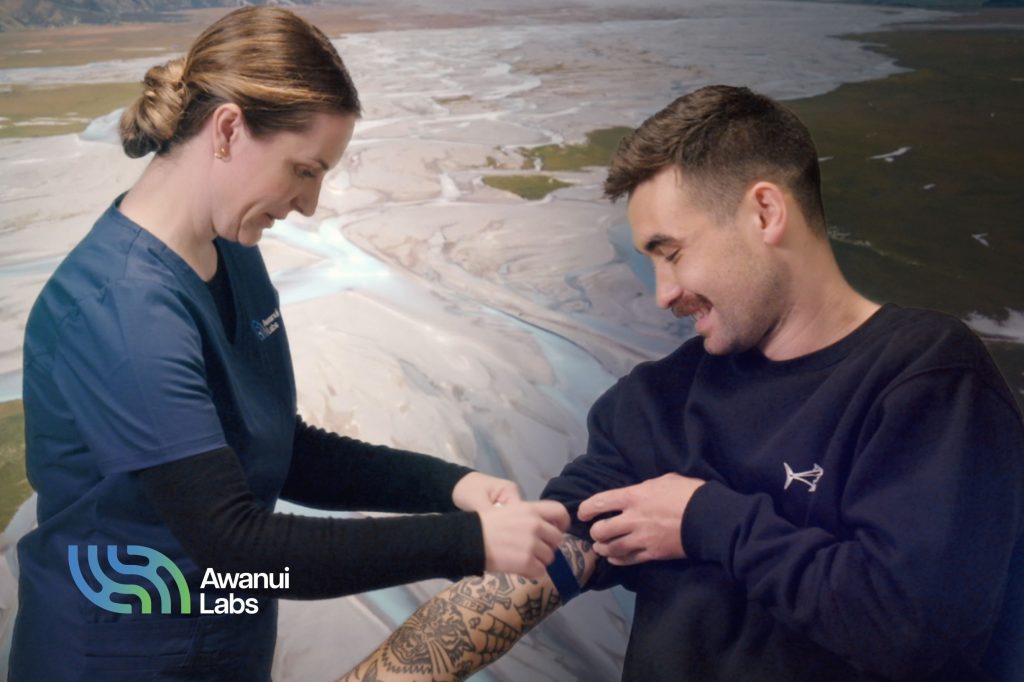Industrial Action Update
Awanui Labs are pleased to confirm that we have reached settlements on the collective agreements with the APEX Union in the South Island, which have concluded in a way that supports both our people and the sustainability of our services.
We sincerely thank you for your patience and understanding during the industrial action, which included full withdrawal of labour and partial strike activity. We acknowledge that these disruptions may have presented challenges in the way you support your patients, and we appreciated your continued cooperation.
We are pleased to advise that we are now operating as usual and have resumed the high-quality diagnostic services you rely on and trust.

Encouraging Online Booking for Laboratory Testing
We’d like to remind practices that online appointment booking for lab testing is increasingly the preferred option for many patients. Booking ahead provides patients with a confirmed time and date, significantly reducing wait times and improving their overall experience.
As we continue to expand the range of tests available for online booking, we encourage you to promote this option to your patients where appropriate. It also helps reduce pressure on our phone lines, which are often busy managing other clinical enquiries. The link to make a booking can be found online or we have posters you can display in your waiting areas.
Please note:
- Urgent walk-ins will continue to be accepted. Ensure such requests are clearly marked as urgent on the request form.
- Non booked walk-ins will still be seen, but patients may experience delays until a suitable time becomes available.
Changes to Anti-Streptolysin reporting for Awanui Laboratories
Anti-streptolysin-O (ASO) antibodies are used to detect recent infection with Streptococcus pyogenes (Group A Streptococcus), especially in the diagnosis of post-streptococcal complications like rheumatic fever or post-streptococcal glomerulonephritis. However, interpreting ASO levels is complex, and there are no universally accepted “normal” or diagnostic cut-off levels.
Children are more frequently exposed to streptococcal infections have higher ASO levels than adults and because they reflect community exposure to S. pyogenes. In populations with high endemic rates of streptococcal infection, population-based “normal” levels are higher than in low-exposure areas. This makes it impossible to have single normal/abnormal cut-off value.
ASO levels typically rise 1–3 weeks after infection, peak at 3–5 weeks, and then decline over months. A high ASO may reflect a past rather than current infection. Conversely, testing too early may yield falsely low titres. Some individuals have robust antibody responses, while others have minimal ASO elevation despite infection. Immune response variability means a fixed threshold could miss true positives or generate false positives. A rising titre (i.e., a fourfold increase over 2–4 weeks) is more informative than a single value.
For these reasons, Awanui laboratories will not be providing “normal ranges” or flag “abnormal” results. ASO levels must be interpreted in light of the clinical likelihood of rheumatic fever or glomerulonephritis, and the report will provide a link to the Rheumatic Fever Guidelines to help with interpretation.

A Note on Communication
As we continue to improve our service, we ask clinical teams to be mindful of language used when communicating with patients—especially around laboratory referrals and booking processes. We’ve noticed some common areas of confusion:
- Patients often interpret “an electronic request has been sent” as meaning an appointment has been booked. Please consider clarifying that a request form has been submitted, but a booking still needs to be made by the patient.
- The terms “electronic form” and “emailed form” are sometimes used interchangeably, which can lead to misunderstanding. To avoid confusion:
- Use “electronic request” for forms submitted directly via PMS integration.
- Use “emailed form” only if a PDF or document has been sent to the patient directly.
We thank you as we help manage patient expectations and improve their experience with the laboratory process.
